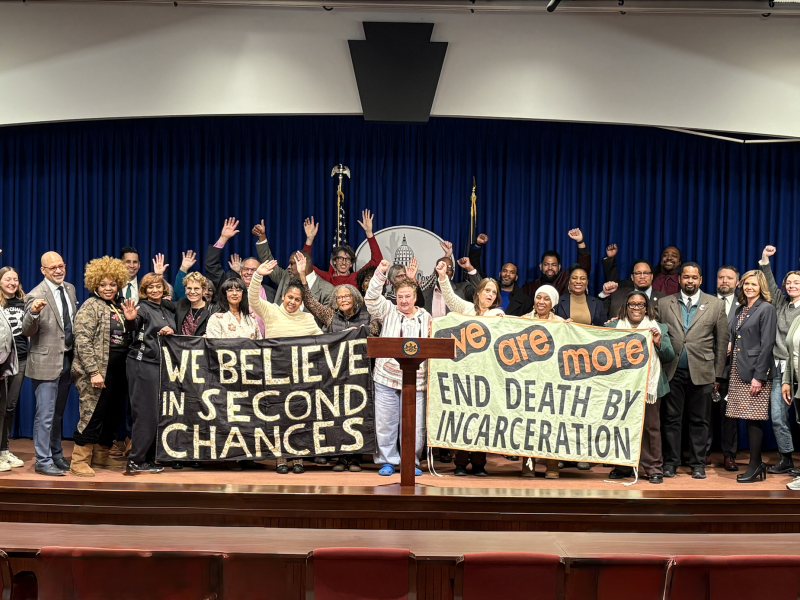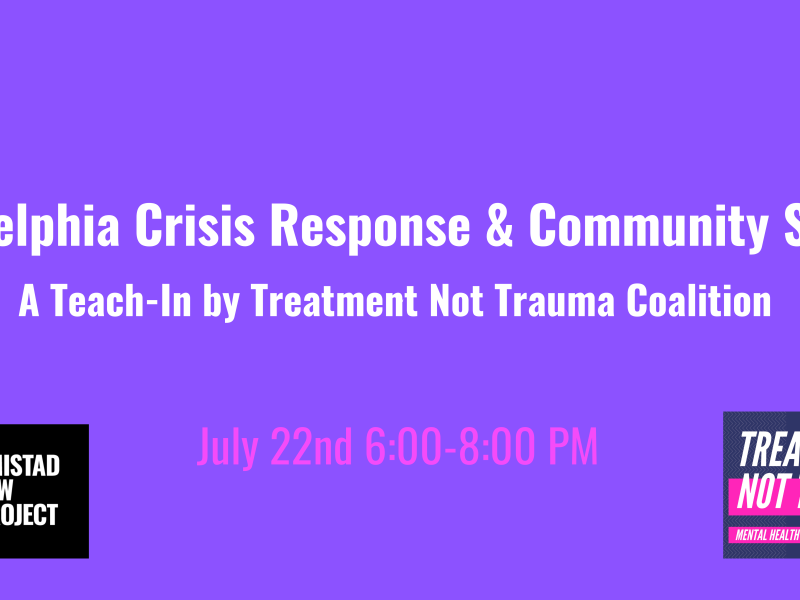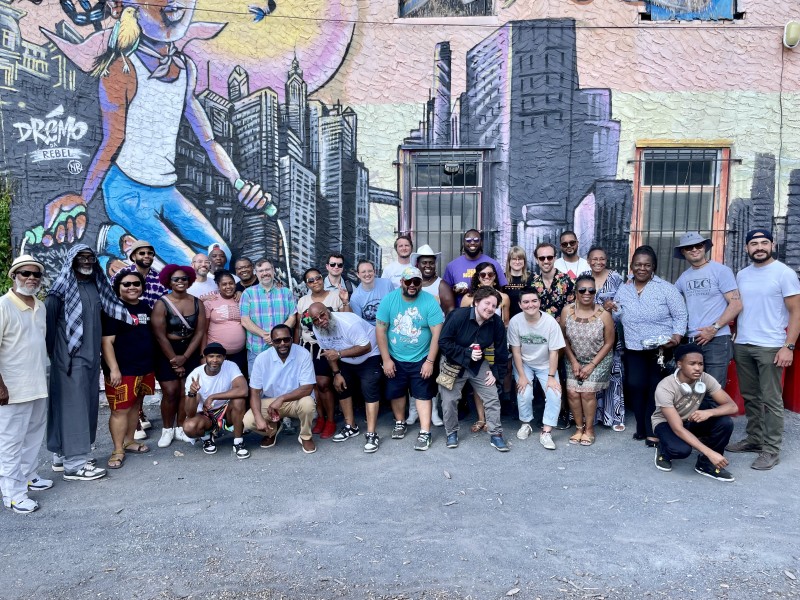Our Movement Takes the Issue of Death by Incarceration to the UN
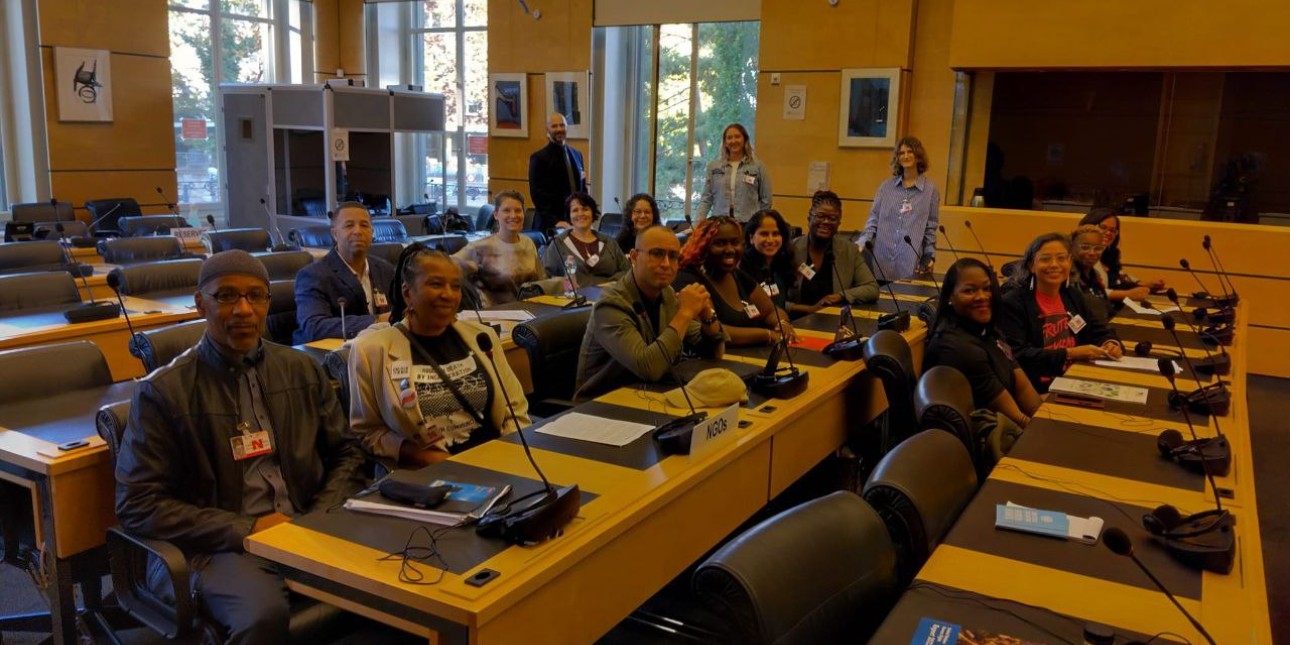
This week, the UN’s Human Rights Committee (HRC) is reviewing the U.S.’s compliance with the International Covenant on Civil and Political Rights, and our movement is making sure the United Nations listens to the voices of those impacted by one of the cruelest consequences of the United States’ racially discriminatory criminal legal system: death by incarceration. Our Policy Director, Nikki Grant, is representing Amistad as part of a national coalition imploring the HRC to call for the abolition of Death By Incarceration in the US.
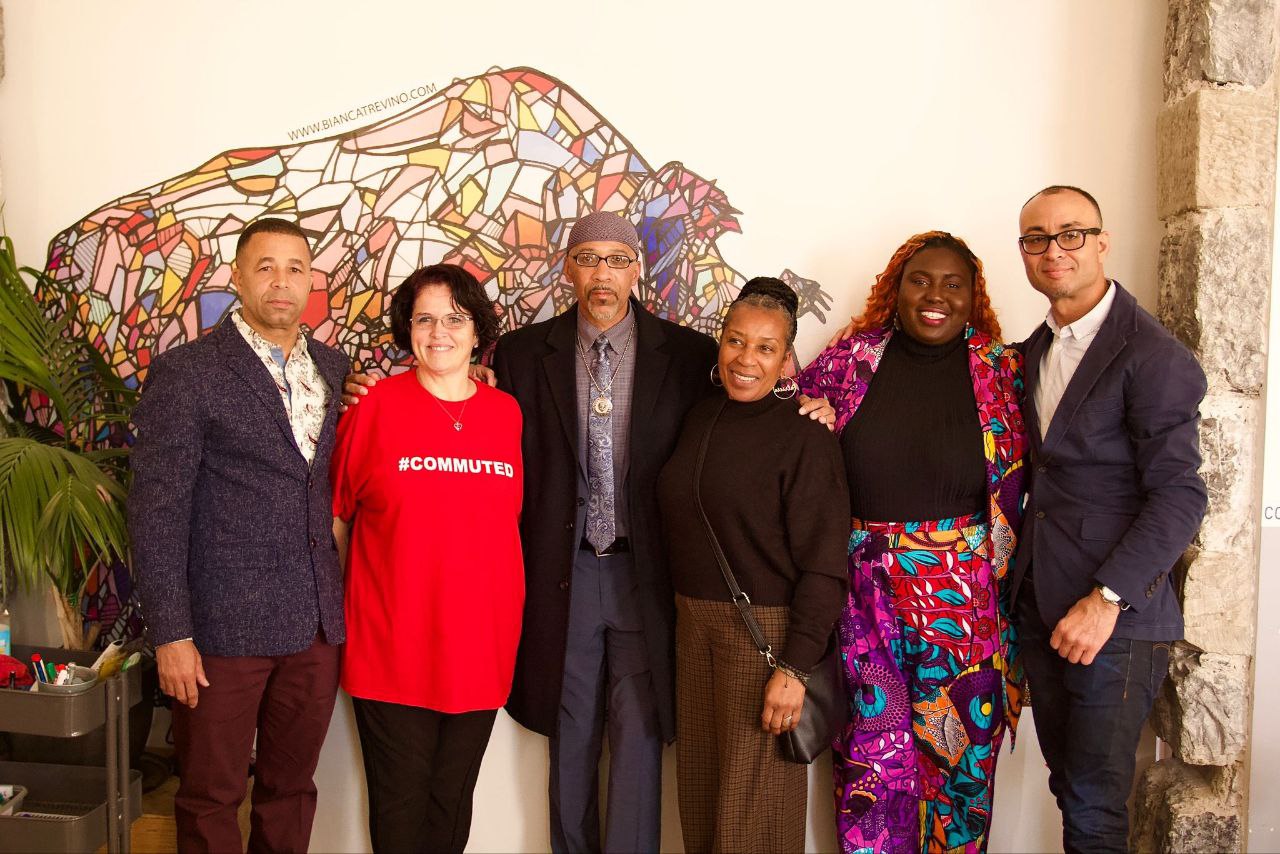
There is a long history of US activists and organizers leveraging the UN to pressure the US to move toward the systemic changes we need. For example, in 2009 Anita Colon went to Geneva to urge the UN to pressure the United States to stop sentencing children to Death By Incarceration. That work was pivotal in the Supreme Court ruling a few years later that made mandatory LWOP for minors unconstitutional, resulting in the freedom of many beloved leaders in our movement.
Now we are asking the UN to call for the abolition of all DBI sentences in all its forms. This is an exciting opportunity for advocates and people directly impacted by our punitive and racist carceral system to make an intervention, hopefully paving the way for parole eligibility for all incarcerated lifers at some point in their lifetime. Ahead of the hearings, our coalition filed a shadow report with the UN's Human Rights Committee, which you can read here.
While the official hearings for the US are on October 17 and 18, our movement arrived in Geneva last week for informal hearings with UN committee members. Our coalition briefed them on the fact that there are over 200,000 people sentenced to die in US prisons, that it disproportionately impacts Black and Brown communities, that over half of all people serving LWOP are over the age of 50, and that this inhumane sentence is a form of torture in direct violation of the International Bill of Human Rights.
Additionally, we were thrilled to host an international screening of No Way Home at a side event in Geneva. Panelists included Robert Saleem Holbrook from the Abolitionist Law Center and Straight Ahead, Patricia Vickers from the Human Rights Coalition, Kelly Savage-Rodriguez from Drop LWOP, Stanley Jamel Bellamy from Release Aging People in Prison, and Anthony Hingle from The Visiting Room Project. It was an exciting opportunity for folks at the UN, and US government officials, to hear from a powerful group of formerly incarcerated leaders and family members at the forefront of the movement to end Death by Incarceration.
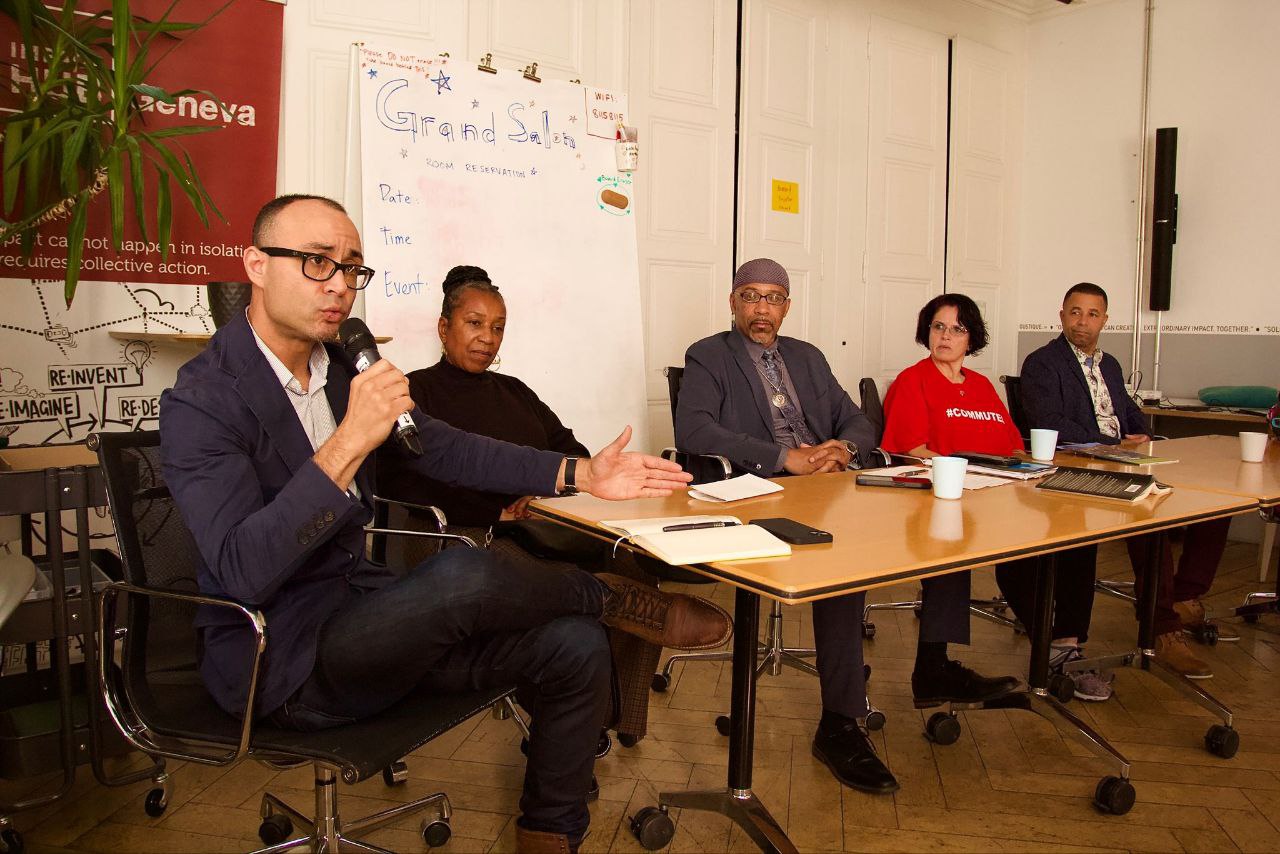
At the end of the review, the HRC issues “Concluding Observations” with recommendations. Advocates can sometimes use recommendations from the UN in their local advocacy efforts, and previous UN interventions have helped spur reforms in the US criminal legal system. So far, we are encouraged by the feedback we’ve received from UN committee members, and we are hopeful they will include our call for the abolition of Death By Incarceration in their final recommendations, moving us one step closer to freedom for people who deserve a second chance.
